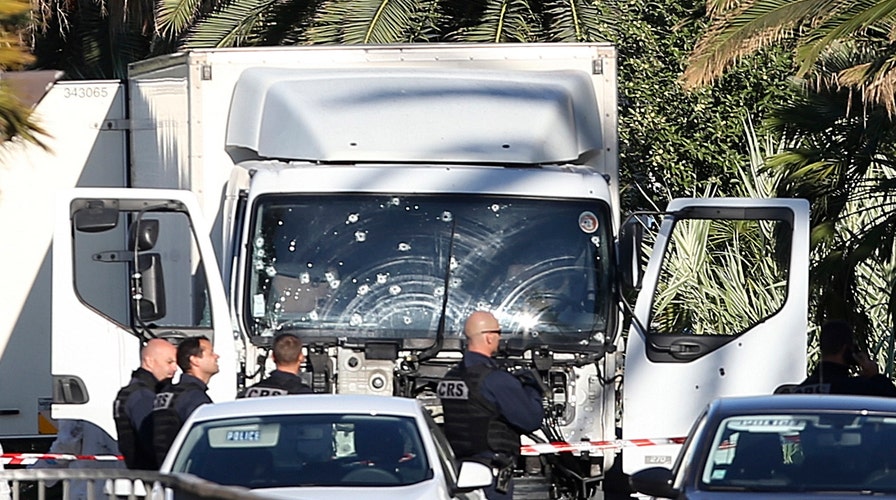European countries began tightening security in its cities and around its borders Friday in wake of the terror attack in Nice, France that left 84 dead and several others injured.
With Belgian’s national holiday celebrations coming up next week, Prime Minister Charles Michel convened a National Security Council meeting to make sure adequate security measures are in place.
"We have already taken a certain number of steps in connection with preparations for July 21, as you can imagine, and our security services are permanently evaluating the measures that are necessary," Michel said in a radio interview. "It's certain that our security services are going to include information resulting from this act committed last night in Nice in their analyses."
OCAM, an independent body that assesses the risk of an extremist attack in Belgium, is maintaining the threat level at 3 on a 4-point scale, Michel said.
For the level to be raised to the maximum, there must be "concrete and precise" information about an imminent attack, which he said there was none at present, he added.
Suicide bombers killed 32 people in the Brussels Airport and subway in March and the Belgian capital was also home to many of the attackers who killed 130 people in Paris on Nov. 13.
Germany’s Interior Minister Thomas de Maiziere called the attack in Nice “incomprehensible and simply awful.” German police said they would step up border checks on the French frontier in wake of the attack.
German authorities said earlier Thursday that they had increased checks at land borders and railway crossings with France, and at airports.
London Mayor Sadiq Khan said London planned to review its security procedures because of the attack. He officials "will be reviewing our own safety measures.”
The mayor said he wants to reassure all London residents that the Metropolitan Police will do "everything possible" to keep the British capital safe. He said the extremists' "poisonous and twisted ideology" will be defeated in France, London and other parts of the world.
The terror threat in Britain is judged to be "severe," meaning that an attack is highly likely.
The security review across Europe came after France President Francois Hollande announced the extension of the country’s state of emergency by three months, including the Sentinel operation with 10,000 soldiers on patrol.
Hollande also said he was calling up "operational reserves," those who have served in the past and will be brought in to help police, particularly at French borders.
The Associated Press contributed to this report.

